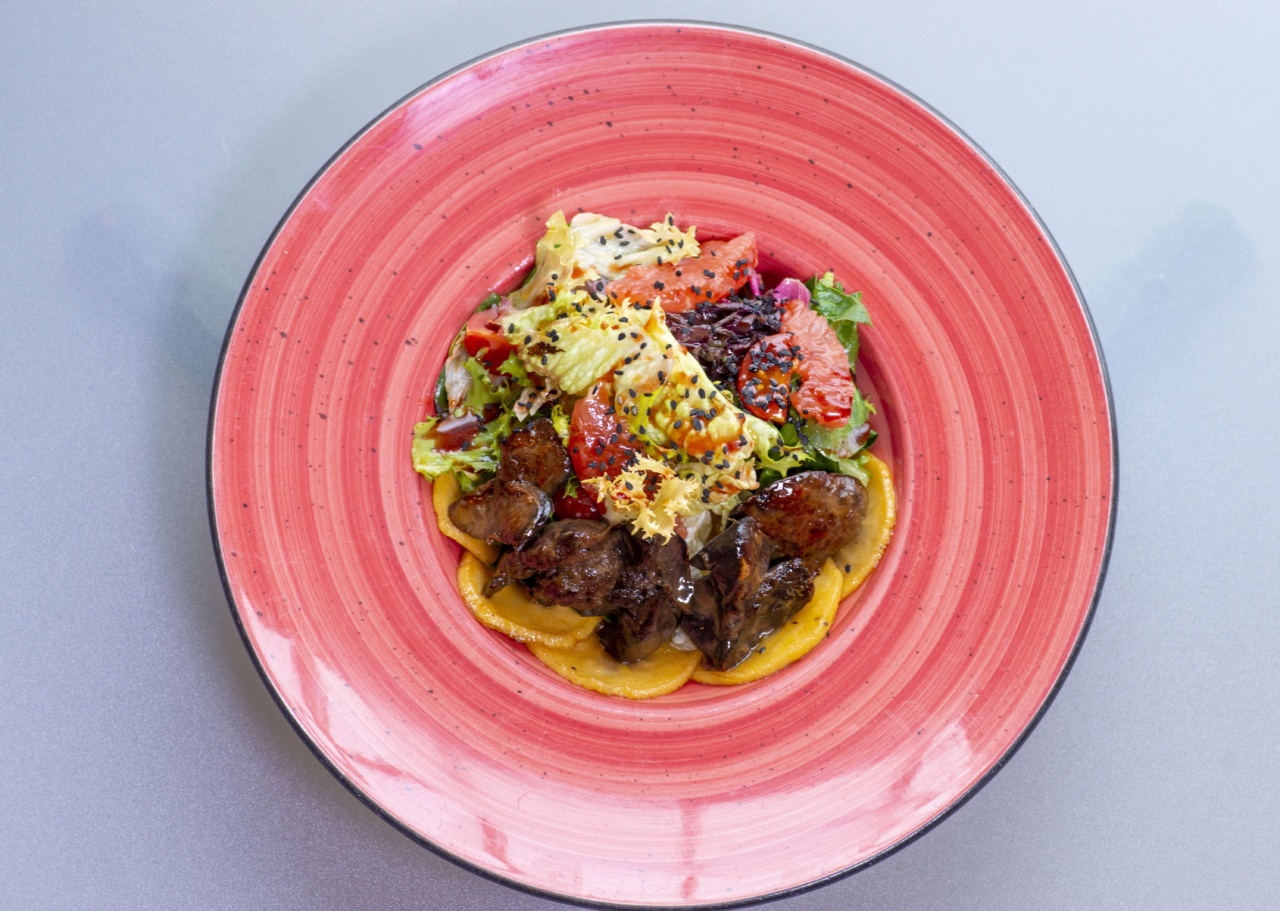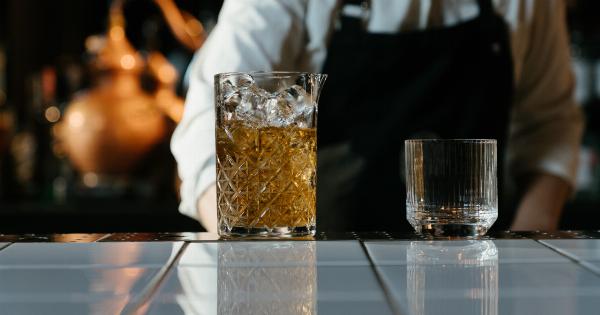The liver is one of the largest organs in the human body and performs a vital function in processing nutrients, filtering toxins, and producing bile. In fact, the liver is responsible for detoxifying the body and eliminating harmful substances.
But this essential organ is also vulnerable to damage, particularly from excessive alcohol consumption and certain drugs or medications, which can lead to liver disease or even liver failure if left untreated. In this article, we will explore the biggest foe of the liver and what steps you can take to protect this important organ.
What is the biggest foe of the liver?
While there are several factors that can lead to liver damage, the most significant foe of the liver is alcohol.
Consuming too much alcohol for an extended period of time can lead to a condition known as alcoholic liver disease (ALD), which is a leading cause of liver disease worldwide. ALD encompasses a range of liver conditions, including fatty liver, alcoholic hepatitis, and cirrhosis.
How does alcohol damage the liver?
When you drink alcohol, your liver works hard to break it down and eliminate it from your body. However, excessive alcohol consumption can overwhelm your liver and cause damage over time.
Alcohol can directly damage liver cells and lead to inflammation, which can cause scarring and fibrosis of the liver tissue. This scarring can interfere with the liver’s ability to function properly and lead to a buildup of toxins in the body.
What are the symptoms of alcoholic liver disease?
Alcoholic liver disease can have a range of symptoms, from mild to severe, depending on the extent of the damage to the liver. Symptoms of ALD can range from fatigue and nausea to jaundice, abdominal pain, and swelling.
Severe cases of ALD can lead to liver failure, which can be life-threatening.
How can you protect your liver from alcohol?
The best way to protect your liver from alcohol damage is to moderate your drinking.
The National Institute on Alcohol Abuse and Alcoholism recommends that men drink no more than 14 standard drinks per week and women drink no more than 7 standard drinks per week to stay within low-risk drinking guidelines. If you have already developed alcoholic liver disease, it’s important to stop drinking alcohol altogether to give your liver the best chance to heal. You should also consult with a healthcare provider to develop a treatment plan.
What other factors can damage the liver?
While alcohol is the biggest foe of the liver, there are other factors that can contribute to liver damage, including:.
- Obesity and poor diet
- Hepatitis B and C infections
- Nonalcoholic fatty liver disease (NAFLD)
- Exposure to toxins
- Genetic factors
How can you protect your liver from other forms of damage?
To protect your liver from other forms of damage, you can take the following steps:.
- Eat a healthy diet that is low in saturated and trans fats and high in fruits, vegetables, and lean protein
- Exercise regularly to maintain a healthy weight
- Get vaccinated against hepatitis B
- Practice safe sex to reduce your risk of contracting hepatitis B and C
- Avoid exposure to toxic substances
Conclusion
The liver is a vitally important organ that performs many vital functions in the body. While alcohol is the biggest foe of the liver, there are other factors that can contribute to liver damage.
By taking steps to protect your liver, such as moderating your drinking, eating a healthy diet, and avoiding exposure to toxins, you can help ensure that your liver stays healthy and functioning properly.



























